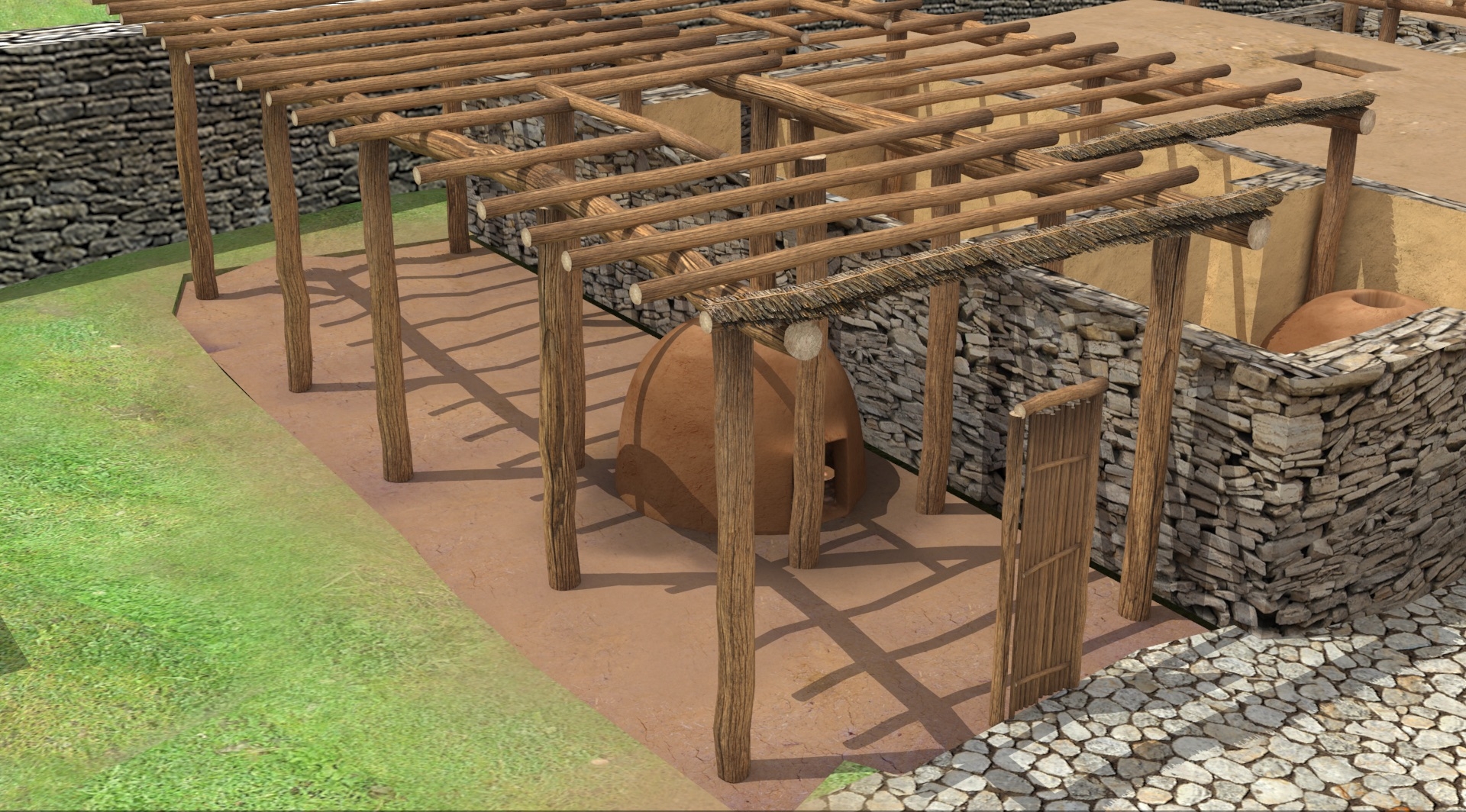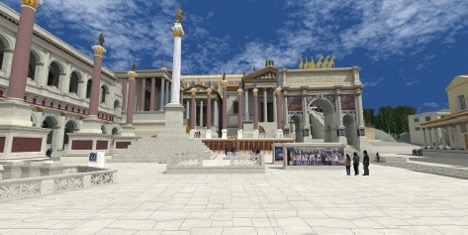
Series: Cotsen Digital Archaeology Series 2
ISBN: eBook: 978-1-950446-26-1, Pb: 978-1-950446-30-8
Publication Date: February 1, 2022
Order this book here!
- Electronic: Kindle eBook
- Open Access: PDF
“This well-edited volume successfully investigates several of the pre-eminent challenges facing contemporary archaeology, in particular those posed by archaeology’s growing reliance on digital archives and data-heavy analytical tools.”
– Iain MacDonald, Institute of Archaeology, University College London for the Journal of Contemporary Archaeology
Every part of archaeological practice is intimately tied to digital technologies, but how deeply do we really understand the ways these technologies impact the theoretical trends in archaeology, how these trends affect the adoption of these technologies, or how the use of technology alters our interactions with the human past?

This volume suggests a critical approach to archaeology in a digital world, a purposeful and systematic application of digital tools in archaeology. This is a call to pay attention to your digital tools, to be explicit about how you are using them, and to understand how they work and impact your own practice.
The chapters in this volume demonstrate how this critical, reflexive approach to archaeology in the digital age can be accomplished, touching on topics that include 3D data, predictive and procedural modelling, digital publishing, digital archiving, public and community engagement, ethics, and global sustainability.
The scale and scope of this research demonstrates how necessary it is for all archaeological practitioners to approach this digital age with a critical perspective and to be purposeful in our use of digital technologies.

Table of Contents
Chapter 1: The Otology of 3D Digital and Printed Replicas of Artifacts Inside Museums: Authenticity, Play, and the Sense of Touch. Paola Di Giuseppantonio Di Franco
Chapter 2: 3D Urban Models as Tools for Research and Discovery: Two Case Studies of the Rostra in the Roman Forum Utilizing Rome Reborn. Bernard Frischer and David Massey
Chapter 3: Digital Archaeology and Storytelling as a Toolkit for Community-Engaged Archaeology. Rebecca E. Bria and Erick Casanova Vasquez
Chapter 4: Modeling Archaeological Potentials in Southwest Anatolia: A Tool for Planning Sustainable Futures at Ancient Sagalassos. Patrick T. Willett, W. Christopher Carleton, Ebru Torun, Ralf Vandam, and Jeroen Poblome
Chapter 5: Closing the Loop on the Digital Data Lifecycle: Reviving a Salvage Archaeology Dataset. Laura K. Harrison
Chapter 6: Is Less More? Slow Data and Datafication in Archaeology. Jeremy Huggett
Chapter 7: Scientific Dissemination of Archaeological Interpretation of Airborne LiDAR-derived Data. Benjamin Stular
Chapter 8: Exploring 3D Data Reuse and Repurposing through Procedural Modeling. Rachel Opitz, Heather Richards-Rissetto, Karen Dalziel, Jessica Dussault, and Greg Tunink
Chapter 9: On Infrastructure, Accountability, and Governance in Digital Archaeology. Eric C. Kansa
Chapter 10: Collaborative Digital Publishing in Archaeology: Data, Workflows, and Books in the Age of Logistics. William Caraher
Chapter 11: (Re)imagining the Archaeological Archive for the Twenty-second Century. Adam Rabinowitz
Chapter 12: On the Digital and Analog Afterlives of Archeological Projects. Ruth Tringham
Chapter 13: The Dark Side of Digital Heritage: Ethics and Sustainability in Digital Practice. Lorna-Jane Richardson
